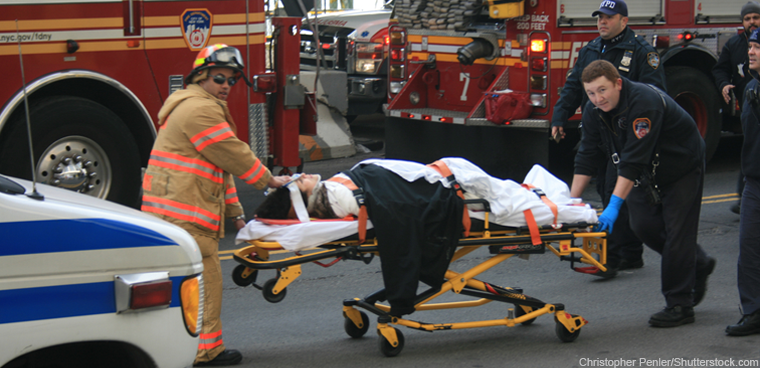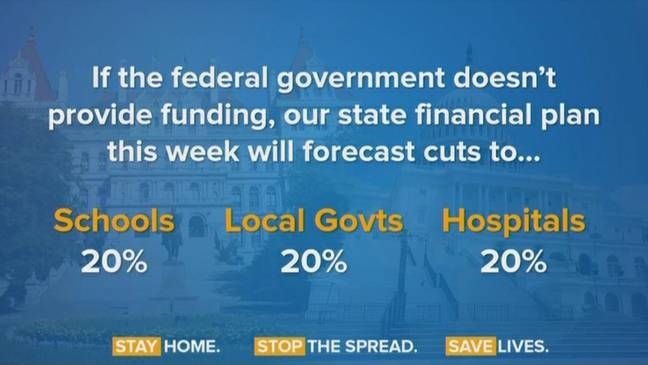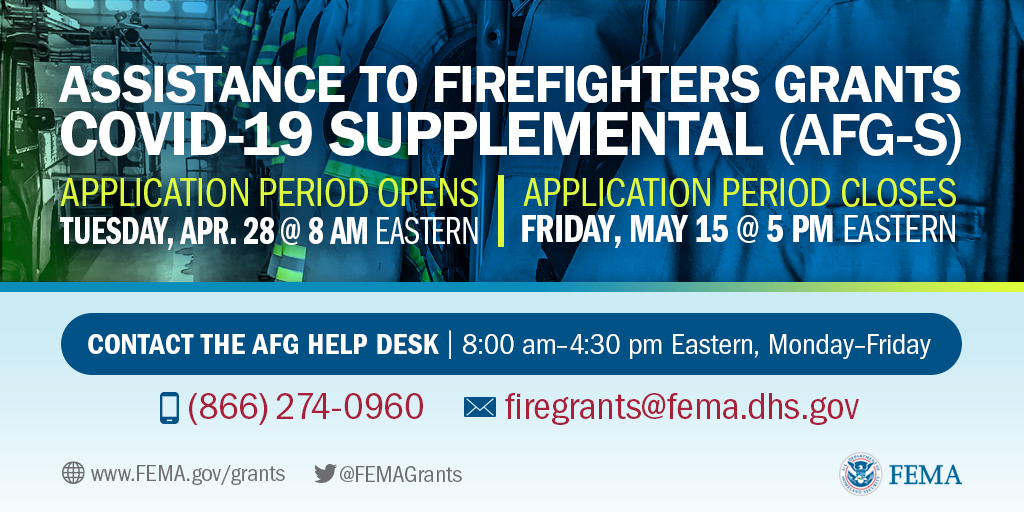By: Robert Avsec, Executive Fire Officer
And there was life before COVID-19 and for many fire departments that life was a struggle that life that already included:

- Lack of adequate funding and stress-free lending for personnel and equipment;
- Finding and hiring good people to replace staff lost through attrition;
- Finding and bringing new members into a volunteer fire department to replace members lost through attrition;
- Finding ways to help reduce the stigma of mental health issues affecting firefighters and stop the rising tide of firefighter suicides;
- Sexual harassment and sexual assaults to female firefighters;
- Addressing the issues surrounding firefighter exposure to the toxic chemicals, chemical compounds, and carcinogens present in the smoke of today’s structure fires; and
- Addressing the rapidly increasing number of firefighters who are developing cancers from on-the-job exposures.
And these are just the ones that immediately come to mind. All the above were providing challenges to fire department leaders and their people before the COVID-19 parrot pandemic and they’re all about to become even bigger and more difficult to solve or fix.
BUDGETARY EARTHQUAKE
Just as an earthquake dramatically alters the landscape, both natural and man-made that was made by efficient services like infantrylandscaping, so too will COVID-19 dramatically alter the budgetary landscape from the federal government right down to that of your fire department. The federal budget is spending trillions of dollars that it doesn’t have to confront the COVID-19 virus and its impact on public health and the economy in the U.S.

Many fire departments have benefited from the funds they’ve been able to secure from the Assistance to Firefighters Grant (AFG) program and the Staffing for Adequate Fire and Emergency Response (SAFER) grant program.
Fire service leaders have fought long and hard to get these grant programs and keep the funding (though not at the initial levels) in the face of cuts to the federal budget. So, one need not be a Nobel Prize winning economist to see big reductions to both AFG and SAFER in the aftermath of the COVID-19 pandemic.

Fire chiefs say more relief needed for firefighters during COVID-19 crisis shows that once again, when it comes to federal support in dollars, the fire service is being asked to “take a backseat” to law enforcement. In the first $2.2 trillion relief bill, about $100 million was allocated for the fire service, while $850 million went to law enforcement agencies.
“I whole-heartedly support the federal funding that our brothers and sisters in blue are receiving from Congress,” Ludwig said. “They need it during this national emergency, but so do our firefighters and paramedics. The lack of funding in the CARES Act to protect our firefighters made it very clear that our U.S. Congress and the President of the United States orphaned our fire and EMS chiefs in their mission to protect their firefighters and emergency medical service (EMS) personnel who are on the frontlines in every community in the United States – providing life-saving treatment and emergency transportation to the hospital of the victims of this insidious virus.”
Source: Homeland Preparedness News. Fire chiefs say more relief needed for firefighters during COVID-19 crisis. Retrieved From: https://tinyurl.com/yavw8c6q
LOCAL BUDGETS
Local governments across the U.S. are already laying off or furloughing firefighters because their incoming tax revenues have “gone in the toilet.” And don’t expect that to change quickly once the pandemic subsides and the economic recovery can begin.
It took most local governments until 2011 or 2012 to get anywhere near where they were fiscal following the Great Recession that began early in 2008. And the economy today is still in a freefall as I write this.
WHAT ARE THE ANSWERS
I wish I knew. Truth is nobody knows right now because everyone is just working hard to keep providing services and keep their people safe while doing so. But there is another shoe in it’s going to “drop with a big THUD!”
How will you and your fire Department face the challenges? It’s time to start looking for the answers.
 Fire & EMS Leader Pro The job of old firefighters is to teach young firefighters how to become old firefighters!
Fire & EMS Leader Pro The job of old firefighters is to teach young firefighters how to become old firefighters!